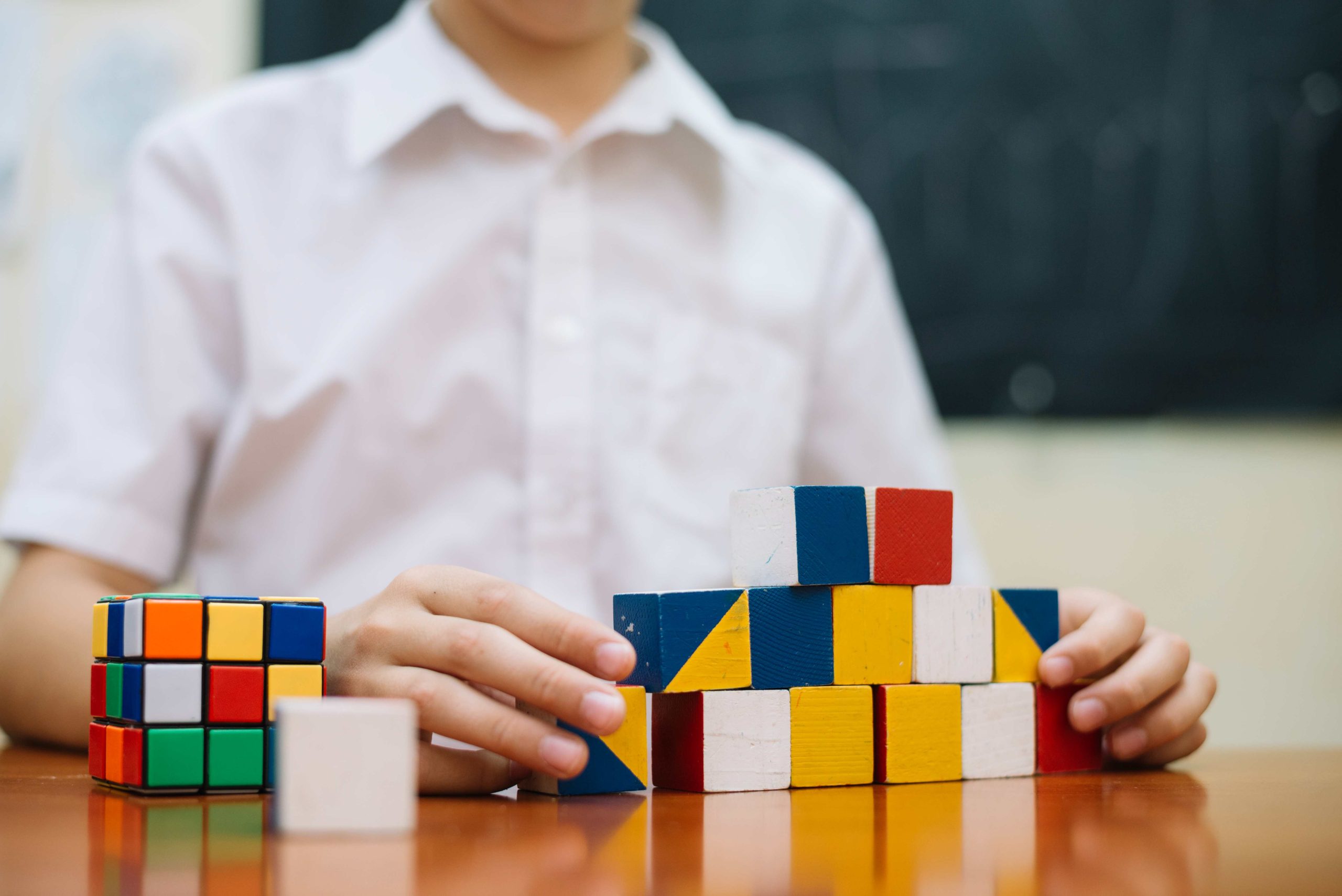
Understanding the Unique Developmental Characteristics of Preschoolers
Preschoolers, aged three to five, undergo significant developmental changes in cognitive, physical, social, and emotional aspects. Recognizing these traits is crucial for caregivers to provide appropriate support and guidance.
Cognitive Development
Preschoolers experience remarkable growth in thinking, reasoning, and learning abilities. Language development is a key aspect, enabling them to communicate effectively and understand others.
Physical Development
Preschoolers show noticeable physical changes, including improved coordination, gross and fine motor skills development, and heightened senses awareness.
Social Development
Preschoolers begin forming relationships, learning social rules, and developing empathy. They also gain self-awareness and start comparing themselves to others.
Emotional Development
Preschoolers learn to regulate and express emotions, understand others’ feelings, and develop self-esteem and moral awareness.
Parenting Strategies for Preschoolers
- Encourage Exploration and Play
- Read Together
- Establish Routines
- Provide Positive Reinforcement
- Model Positive Behaviors
- Provide Consistent Boundaries
Physical Development
Preschoolers grow in height and weight, refine motor skills, and become more active. Encouraging outdoor play and structured activities supports their physical development.
Language Development
Preschoolers expand their vocabulary and learn to communicate socially. Reading, singing, and conversing with them aid language development.
Emotional Development
Preschoolers learn to understand and manage emotions, developing empathy and healthy coping mechanisms. A nurturing environment supports emotional growth.
Social Development
Preschoolers form relationships, learn social norms, and develop social competence. Encouraging social interaction and teaching social skills is beneficial.
Cognitive Development
Preschoolers develop memory, attention, problem-solving, and creativity. Providing opportunities for exploration and encouraging problem-solving fosters cognitive growth.
Moral Development
Preschoolers begin understanding right and wrong, empathy, and basic moral values. Nurturing empathy and promoting positive behavior support moral development.
Play Development
Play aids exploration, learning, and social interaction. Encouraging various types of play promotes imagination, problem-solving, and social skills.
Self-help Skills Development
Preschoolers learn to care for themselves, enhancing independence and autonomy. Encouraging self-help tasks and providing guidance support skill development.
Executive Function Development
Preschoolers refine skills like attention, planning, and self-regulation. Engaging in activities that require these skills and providing structure aid development.
Gender Identity Development
Preschoolers begin understanding gender identity and stereotypes. Creating a supportive environment and avoiding gender bias supports healthy identity development.
Cultural Awareness Development
Preschoolers appreciate cultural differences and learn about diversity. Celebrating various cultures and promoting inclusion fosters cultural awareness.
Motor Planning Development
Preschoolers refine motor skills and coordination. Offering activities that require motor planning and modeling tasks support development.
Spatial Awareness Development
Preschoolers understand spatial concepts and navigation. Encouraging exploration and providing spatial activities aid awareness.
Creative Expression Development
Preschoolers express themselves creatively through art and music. Encouraging creative activities and providing materials support expression.
Problem-Solving Development
Preschoolers develop critical thinking and problem-solving skills. Providing challenges and modeling problem-solving strategies aid development.
Memory Development
Preschoolers improve memory and recall abilities. Engaging in memory games and repetition activities aids memory development.
Environmental Awareness Development
Preschoolers learn about environmental responsibility. Promoting conservation and offering environmental education fosters awareness.
Social Responsibility Development
Preschoolers understand the impact of their actions on others. Encouraging social responsibility activities and modeling positive behaviors aid development.
Executive Function Development
Preschoolers refine skills like inhibition and
Executive Function Development
Preschoolers refine skills like inhibition, working memory, and cognitive flexibility. Engaging in activities that require these skills and providing structure aid development.
Perception Development
Preschoolers interpret sensory information and develop sensory preferences. Providing sensory-rich experiences and encouraging exploration support perception development.
Emotional Regulation Development
Preschoolers learn to recognize, understand, and manage emotions. Practicing emotional regulation skills and promoting emotional awareness aid development.
Self-Help Skills Development
Preschoolers learn to care for themselves and develop independence. Encouraging self-help tasks and providing guidance support skill development.
Understanding preschoolers’ unique developmental characteristics is vital for providing them with the right support and guidance. By nurturing their cognitive, physical, social, and emotional growth through appropriate strategies, we can help them reach their full potential.


